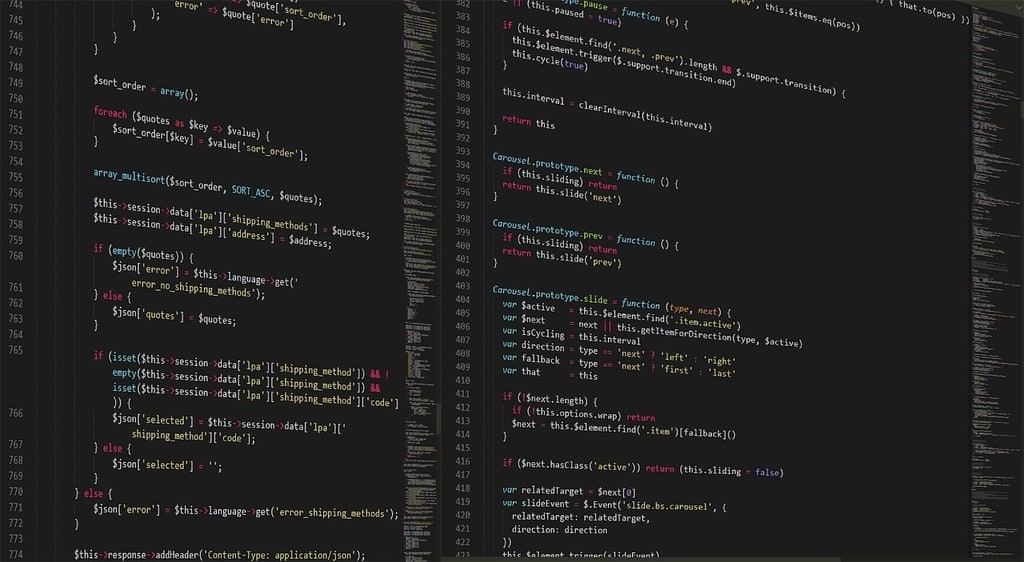Boosting productivity can often feel like a daunting task, especially with the plethora of advice available. However, incorporating simple habits into your daily routine can lead to significant improvements. Small changes can create a ripple effect, enhancing efficiency and overall output. Here are some straightforward strategies that can help maximize productivity.
Effective Techniques for Boosting Productivity
Establishing a routine can be the bedrock of enhanced productivity. Routines reduce the time spent deciding what to do next, allowing for a seamless transition between tasks. Consistency helps the mind focus, minimizing the mental fatigue that often accompanies constant decision-making.
The Power of Prioritization
One of the most impactful habits is prioritizing tasks. Start each day by identifying the most critical tasks that need to be accomplished. By focusing on high-priority items first, it becomes easier to manage time and resources efficiently. This approach ensures that the most significant tasks are completed when energy levels are at their peak.
Understanding the difference between urgent and important tasks can dramatically shift productivity levels. Urgent tasks demand immediate attention, while important tasks contribute to long-term goals. By distinguishing between the two, it becomes easier to allocate time appropriately, ensuring that important tasks receive the attention they deserve.

Utilizing Breaks Wisely
Breaks are an essential component of maintaining productivity. Continuous work without rest can lead to burnout and decreased efficiency. Implementing short breaks throughout the day can rejuvenate the mind and body, leading to sustained productivity. Techniques such as the Pomodoro Technique, which involves working for 25 minutes followed by a 5-minute break, can be highly effective.
During these breaks, engaging in activities that differ from work can provide a mental reset. This could include a brief walk, some stretching, or even a few minutes of meditation. Such activities help to clear the mind, reduce stress, and increase focus for subsequent tasks.
Creating an Optimal Work Environment
The workspace significantly influences productivity. An organized and clutter-free environment minimizes distractions and fosters concentration. Personalizing the workspace with elements that inspire and motivate can further enhance productivity.
Lighting, temperature, and ergonomics also play a vital role. Natural light has been shown to improve mood and energy levels, while a comfortable chair and desk setup can prevent physical discomfort that might otherwise hinder work.
The Impact of Healthy Habits
Physical health directly affects productivity. Regular exercise, a balanced diet, and adequate sleep are fundamental to maintaining high energy levels and mental clarity. Exercise not only boosts physical health but also enhances cognitive function, leading to better problem-solving and decision-making abilities.
Proper nutrition fuels the body and brain, while sufficient sleep ensures that the mind is well-rested and ready to tackle the day’s challenges. Ignoring these aspects can lead to fatigue and decreased productivity over time.
Here is a summary of the simple habits to incorporate into daily life:
- Establish a consistent routine.
- Prioritize tasks by urgency and importance.
- Take regular, short breaks to rejuvenate.
- Maintain an organized and inspiring workspace.
- Focus on physical health through exercise, diet, and sleep.
Adopting the Two-Minute Rule
The two-minute rule is a simple yet effective strategy for managing small tasks. If a task can be completed in two minutes or less, do it immediately. This prevents the buildup of minor tasks that can eventually become overwhelming. The sense of accomplishment from completing these small tasks can also boost motivation and momentum for tackling larger projects.
Embracing Continuous Learning
Continuous learning is a habit that can lead to long-term productivity gains. By regularly seeking new knowledge and skills, it is possible to stay ahead in one’s field and find more efficient ways of working. This could involve reading books, taking online courses, or attending workshops and seminars.
Learning should not be limited to professional development. Exploring hobbies and interests outside of work can also provide a creative outlet and reduce stress, ultimately contributing to better productivity in all areas of life.
Making Small Changes for Significant Results
Incorporating these simple habits into daily routines does not require drastic changes. Gradually introducing one or two habits at a time can lead to significant improvements over time. The key is consistency and the willingness to adapt and refine these habits to fit personal and professional needs.
Productivity is not about working harder but working smarter. Small, deliberate changes can yield substantial results, making tasks more manageable and goals more attainable. Embrace these habits, and the journey toward heightened productivity will become more achievable.